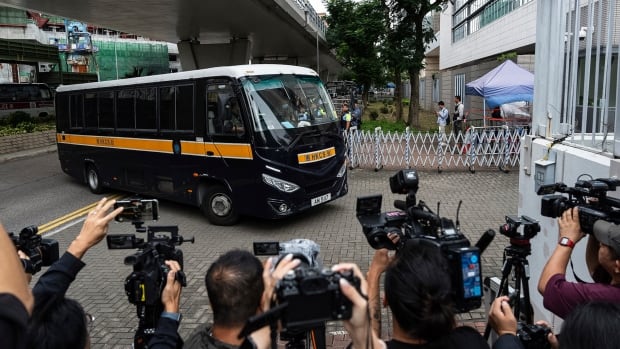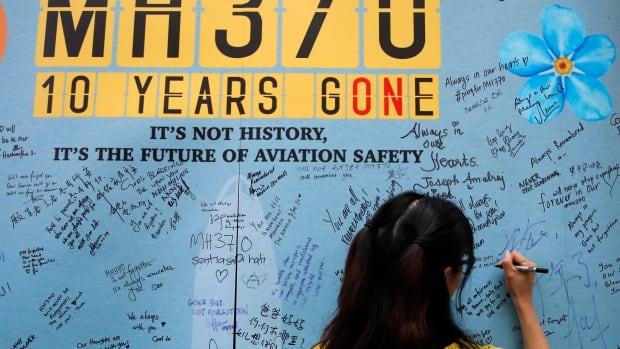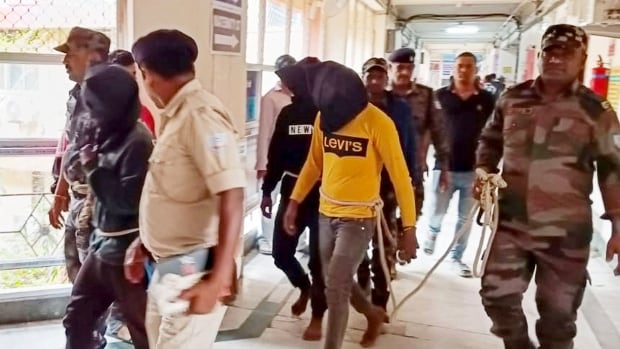Israeli Prime Minister Benjamin Netanyahu has approved sending the director of the Mossad foreign intelligence agency to ceasefire negotiations in Qatar, his office said Saturday, in a sign of progress in talks on the war in Gaza.
It was not immediately clear when David Barnea would travel to Qatar’s capital, Doha, for the latest round of indirect talks between Israel and the Hamas militant group. His presence means high-level Israeli officials who would need to sign off on any agreement are now involved.
Just one brief ceasefire has been achieved in 15 months of war, and that was in the earliest weeks of fighting. The talks mediated by the United States, Egypt and Qatar have repeatedly stalled since then.
Netanyahu has insisted on destroying Hamas’s ability to fight in Gaza. Hamas has insisted on a full Israeli troop withdrawal from the largely devastated territory.
On Thursday, Gaza’s Health Ministry said more than 46,000 Palestinians have been killed in the war, the majority women and children, though it doesn’t say how many were fighters or civilians.

Also being sent to Qatar are the head of Israel’s Shin Bet internal security agency and military and political advisers. Netanyahu’s office said the decision followed a meeting with his defence minister, security chiefs and negotiators “on behalf of the outgoing and incoming U.S. administrations.”
The office also released a photo showing Netanyahu with president-elect Donald Trump’s incoming special envoy to the Middle East, Steve Witkoff, who was in Qatar this week.
Families of the roughly 100 hostages still held in Gaza after being seized in the Oct. 7, 2023 militant attack that sparked the war are pressing Netanyahu to reach a deal to bring their loved ones home.
The recovery of two hostages’ bodies in the past week renewed fears that time is running out. Hamas has said that after months of heavy fighting, it isn’t sure who is alive or dead.
“Return with an agreement that ensures the return of all hostages, down to the last one — the living for rehabilitation and the deceased for proper burial in their homeland,” said a statement by a group representing some hostages’ families.
Hamas and other groups killed some 1,200 people and took about 250 hostages into Gaza in the attack that started the war, according to Israeli tallies. A truce in November 2023 freed more than 100 hostages, while others have been rescued or their remains have been recovered over the past year. The Israeli military says it has killed over 17,000 militants in its offensive, without providing evidence.
Israel says it has carried out air strikes on dozens of Hamas targets in Gaza over the past 24 hours, in attacks that Palestinian health authorities said had killed nearly 100 people.
Israel and Hamas are also under pressure from outgoing U.S. President Joe Biden and Trump to reach a deal before the latter’s Jan. 20 inauguration.
U.S. Secretary of State Antony Blinken said this week a deal is “very close” and he hoped to complete it before handing over diplomacy to the incoming Trump administration. But U.S. officials have expressed similar optimism on several occasions over the past year.
Issues in the talks have included determining which hostages would be released in the first part of a phased ceasefire deal, which Palestinian prisoners would be released and the extent of any Israeli troop withdrawal from population centers in Gaza.
Inside Gaza
On Saturday, an airstrike killed a five-year-old girl and two male relatives in Deir al-Balah in central Gaza, according to Al-Aqsa Martyrs Hospital, where an Associated Press team saw them.
The girl’s body, in a pink sweater, was wrapped in foil and placed on the floor of the morgue. Her father knelt and pressed his face to hers. “God!” he cried.
Another Israeli airstrike killed at least eight Palestinians including two children and two women in a school-turned-shelter in northern Gaza, according to the Palestinian Civil Defence. It said the strike on the Halawa school that shelters displaced people in the Jabaliya area also wounded 30 others, including 19 children.
Amnesty International has accused the state of Israel of committing genocide against Palestinians in the Gaza war in a new report, an allegation Israel vehemently denied, saying it has respected international law.
Israel’s military said it struck a Hamas command centre at a former school in Jabaliya, without giving evidence.
And a strike killed four people on a street in Gaza City, according to Civil Defence spokesperson Mahmoud Basal. Overall, Gaza’s Health Ministry said at least 32 bodies had arrived at hospitals in the past 24 hours.
“I ask the world, do you hear us? Do we exist?” said Hamza Saleh, one of the vast majority of Gaza’s 2.3 million residents who have been displaced. He spoke Friday in the southern city of Khan Younis as children and others jostled for food aid, while hunger grows.








